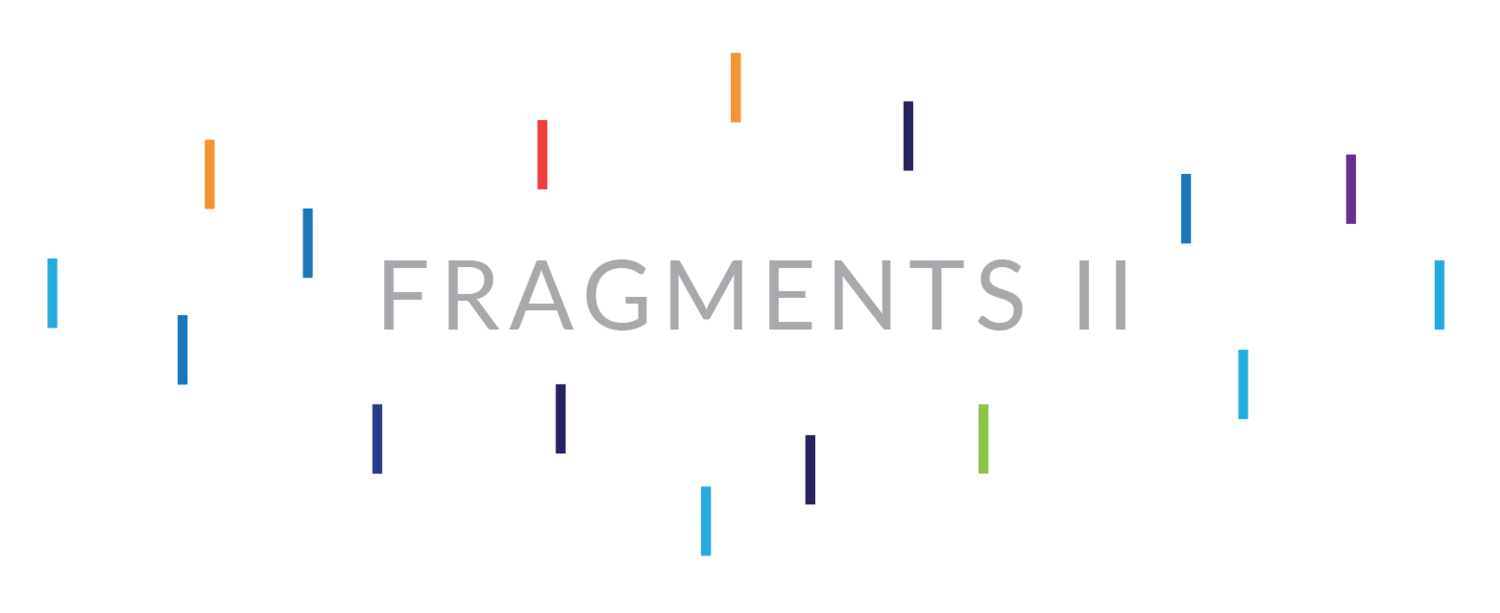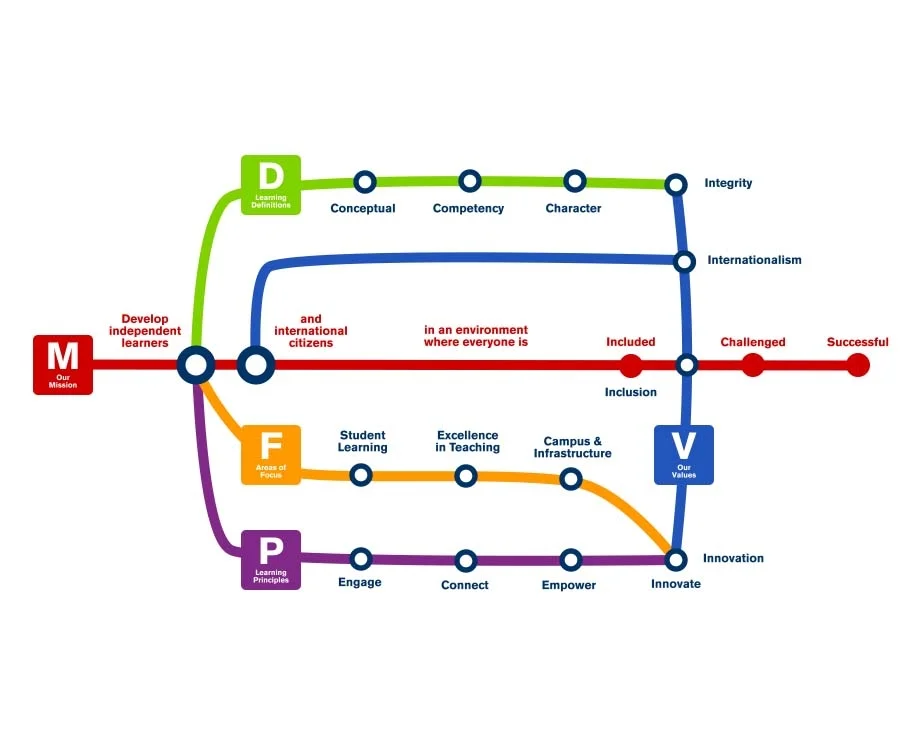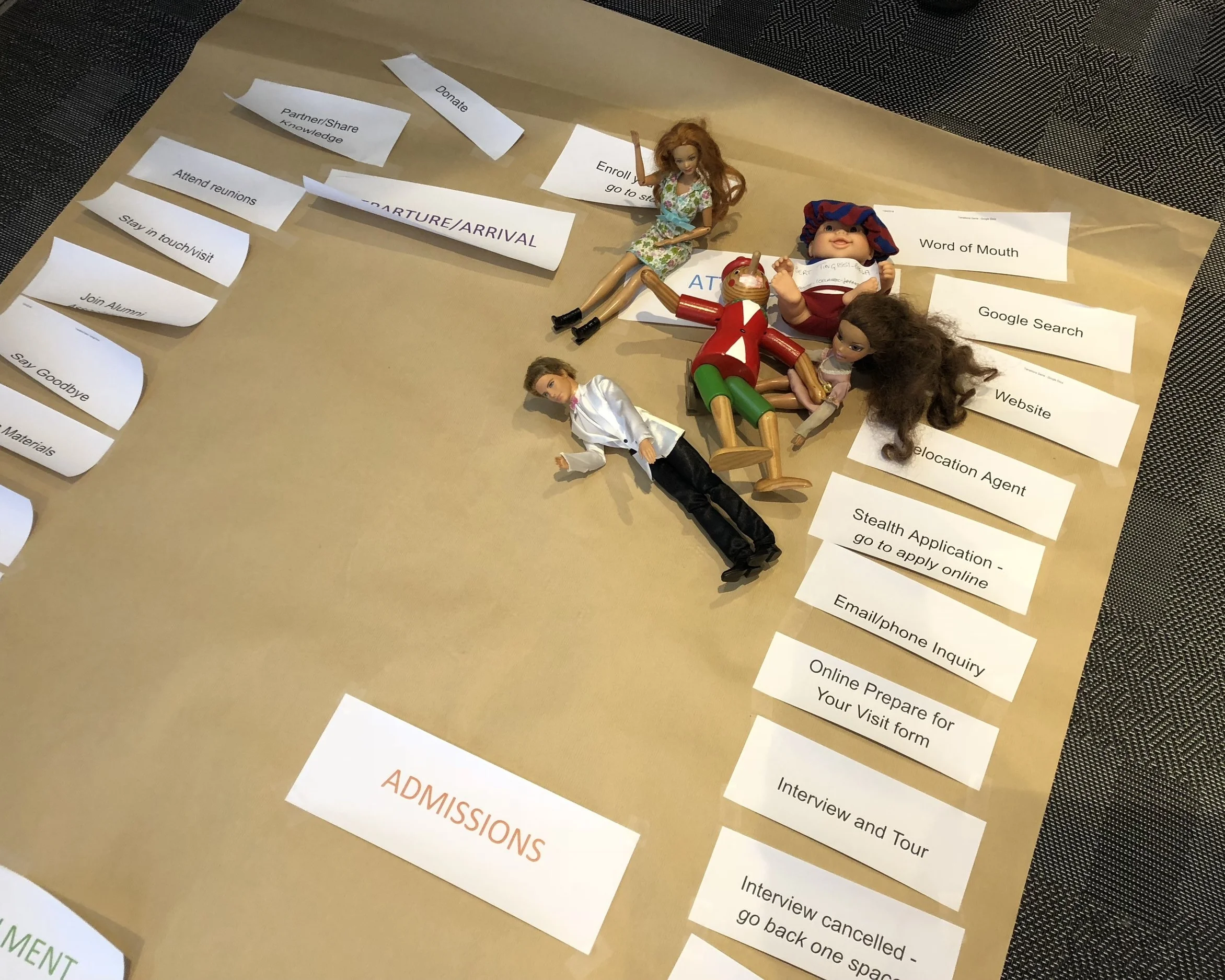The Wisdom in Data : Three Steps Towards An Effective Strategy For Schools
T.S. Eliot once famously asked, "Where is the wisdom we have lost in knowledge? Where is the knowledge have lost in information?" (The Rock)
Today, we can conceivably add to Eliot's wonderings by asking ourselves, where is the information we have lost in data?
Data is everywhere and, apparently, more has been created in the past two years than in the entire previous history of the human race. So, the challenge for our schools is therefore not so much how to get hold of it, but how to organise it, how to join the data dots, and make sense of it.
Set against this dramatically unfolding landscape, here are three steps that continue to frame some of our thinking at the International School of Brussels.
1. Determine what's worth counting
If David Perkins was right (and I think he is) when he declared that 90% of what we teach students in school is not worth learning, we should perhaps consider the real possibility that 90% of what we collect on our data dashboards is not worth counting. Yes, the graphs look pretty, but just because something can be measured doesn't mean we should take the time to measure it. Wisdom is the ability to focus on what really matters and screen out the rest as white noise.
2. Determine who is counting
Data is ubiquitous in schools, but at the same time it is within no one's domain. Data flows through a hundred different streams, but someone needs to be accountable for monitoring what happens when these streams come together. What kind of patterns emerge? What is the impact of one data stream upon another? What is the data telling us about how well we are living up to our Mission? For some us, it's essentially the same as the storyteller's role in your school. Who is responsible for picking up the pieces and seeing how they fit together into some kind of meaningful whole?
3. Determine when you will have time to talk
In the end, data possess no wisdom in and of itself. Each lone data point that we collect is as unhelpful as a buoy lost at sea. The wisdom that can positively impact student learning in our schools can only be drawn out as we triangulate data with other kinds of knowledge. But this means creating time to sit down and asking one another a simple but important question: what does the data mean?
If Mr Eliot were to return and take a look at many of our schools, there is no doubt he'd see more data than he'd ever imagined. I'm thinking, though, that he'd challenge us to be more selective about what we collect, appoint someone to look for patterns, and take the time to talk more. Only then can we expect the real truth to emerge.
Photo credit: iStockphoto.com/iLexx




